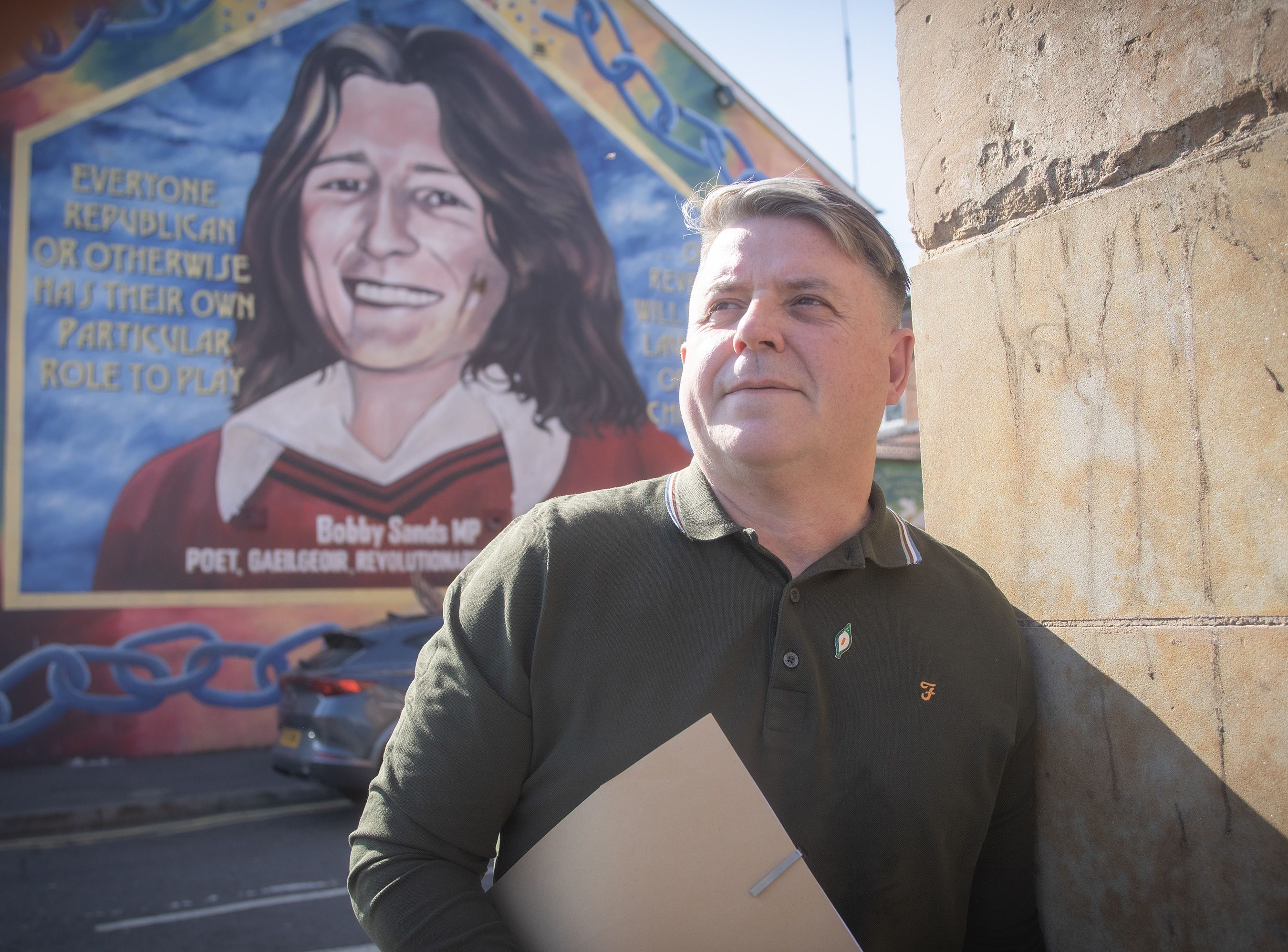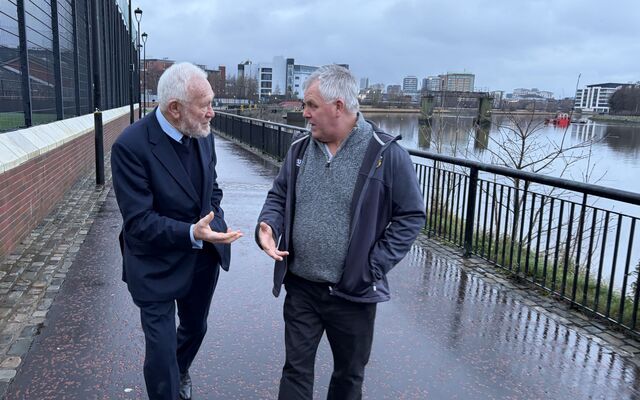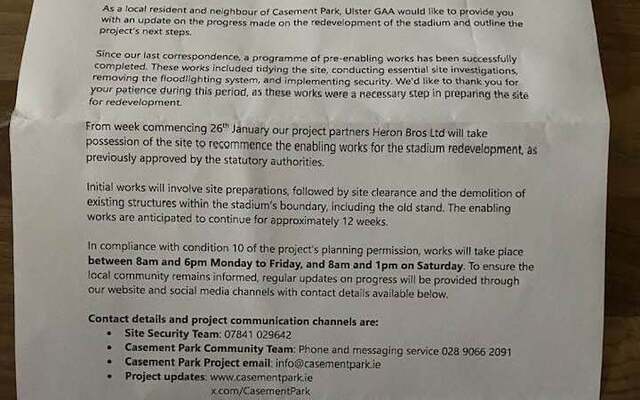FOR some time viewed as a backroom strategist within Sinn Féin, Sam Baker has taken over the reins of one of the party's most important – and public – roles.
Having spent three years on Lisburn Council some 20 years ago, the Twinbrook man took a step back from frontline politics, preferring to work behind the scenes to help build the party from the ground up. He has in the past been chair of Sinn Féin in Belfast and later took up a leadership role with Sinn Féin in the North.
Dividing his working week between Belfast and Dublin, Sam takes up his new role as Ard Rúnaí (General Secretary) of Sinn Féin at what he says is an exciting and challenging time for politics on the island, north and south. Promoted to his new role at the September party Ard Fheis, Sam's getting his teeth into the job – one of only six elected offices in Sinn Féin.
“The job takes in all aspects of the party from organisation, structure, membership, elections, campaigns, strategy etcetera. And because I come from an electoral campaigning background I’ll be bringing that into this role as well," he said.
Although Sam is well-known within the party in Belfast, he acknowledges his profile outside of the second city requires work. And so he has been using the weeks and months since his appointment to get out and about meeting the party membership around the country.
“It’s a big job and a big responsibility, but one that I’m up for,” he says.
While Sam enjoyed his three years in the front line as a councillor – having been hurled into the cut-and-thrust of Lisburn Council on being co-opted after the tragic death of his friend and colleague Michael Ferguson in 2006 – he says he's always felt that he had more to offer the organisational side of things within the party.
Looking closer to home, the big issues facing Sinn Féin in the North, he says, are re-starting the engines on the stalled mega-projects of Casement Park and the A5. He acknowledges widespread frustration, but says there's a lot of work on both matters going on at Assembly level that the public doesn't see.
He spoke of his personal frustration that a Sinn Féin minister's decision to erect Irish signage at Grand Central Station has been seized on by the DUP at Stormont. In contrast, he points to £215 million allocated to help alleviate waiting lists last week. "It didn’t even get a headline," he sighs.
He added: “Most people pick on the to-and-fros of the Irish language signage at Grand Central, but our job is to bring positive politics to the North and show people that voting for Sinn Féin means delivery.
“Michelle O‘Neill’s election as First Minister was an historic first in a state literally designed to ensure that never happened. But it did, and now we have an opportunity to continue that progress, to build on that, and to build a better future for everyone on this island, no matter what community they come from.
"But the primary goal, North and South, is getting a referendum and winning a referendum on the constitutional change that we need to really move the country forward.
“Partition hasn’t worked, North or South, for many different reasons, but economically it is not working, particularly with Brexit, and with the state of the British economy it is going to get worse. With the global politics we are dealing with now a country united economically and politically can face these problems and difficulties far better.”
Whether his role is in the background or public-facing, Sam says his motivation remains the same: Making life better for people. He cites his own upbringing in Twinbrook as shaping his life and driving force, particularly growing up in a mixed-religion household – his mum a Protestant from the Newtownards Road and his dad a Catholic from the Docks area.
“Religion was never an issue in the family,” he says, “it was always about working-class politics.”
Sam helped lead Sinn Féin’s election campaign in the Republic last November. The party managed to increase its seat count, but after having led in the opinion polls for so long – at times by frankly breathtaking distances – the result left the party faithful feeling flat. Sinn Féin may have returned the second largest number of TDs, but once again the party was locked out of government.
“There was a lot of moving parts in the election,” he recalls."Everybody was saying that we were going to lose seats in the Dáil. We went out, we engaged, we looked at ourselves over the summer and changed how we spoke to people about the issues that affect them. There was a lot of hard work done last summer around housing, health and childcare.
“One hundred years of Fine Gael-Fianna Fáil isn’t working for people and there is despair, with people worrying about housing, education, health and the economy.
“So it was a difficult enough election, but we came out of it with 39 seats and six senators – the biggest amount of Sinn Féin representatives there has been in the Dáil. It is something to build on, but what we have to do is convince more people that there is a credible alternative to the Fine Gael-Fianna Fáil government.”
He added: "I think there is a lot more room for growth for Sinn Féin across the island and that’s one of the biggest parts of my role – building the party, engaging with the party, meeting the people. Then we have to go out with a strategy that makes a real difference to the lives of workers and families and one that we can actually deliver because I think that if Sinn Féin gets into government in the 26 Counties that is a game-changer, there is no doubt about that.”







